Taking out trash for the Boundary
Kettle Valley Waste is a Boundary-region business that helps the local district implement exceptional waste-diversion services
B.C.'s Boundary Country is ahead of the curve when it comes to dealing with garbage. The Regional District of Kootenay Boundary (RDKB) has a progressive approach to waste diversion and it’s all put into play by local contractor Kettle Valley Waste. The company, owned by husband-and-wife team Ron Liddle and Diana Carr, manages waste and recycling pickup throughout the Boundary, either by contract or subscription.
“It’s exciting to participate in it,” said Liddle. “For the Regional District of Kootenay Boundary to be striving to keep company with Edmonton and the large cities is certainly something to be proud of, so it’s neat to be participating in that and supporting it to happen.”
An unlikely start
Liddle’s family originally made unlikely candidates for waste-contracting services. Calling Christina Lake, B.C., home, Liddle and Carr had four teenage daughters and were looking to start a small family business that could provide the girls with pocket money. When the opportunity came up in 1982, the family began doing pickup for a few subscription customers with a Dodge Dart and a utility trailer. Eventually, Kettle Valley Waste took on larger commercial clients in Christina Lake before writing and winning a competitive proposal bid with the RDKB. One of Liddle and Carr’s daughters, Cynthia Howard, has stayed on with the family company and is now the manager.
Kettle Valley Waste’s commitment to quality service has been one constant over the decades. Kettle Valley Waste was an early adopter of roadside recycling pickup, offering it to clients free of charge in the early 1990s. As for that Dodge Dart, the company now has two high-efficiency Hino trucks as well as a dual-stream truck that allows for less driving during collection. The use of the equipment is donated in support of community events such as Christina Lake Clean-up Day.
Greening the garbage
In 2012, Grand Forks became the first local government in the B.C. Interior to offer curbside green bin, or compostable material, pickup—keeping the small community on par with Vancouver and other forward-thinking communities on Vancouver Island. This year the program will be expanding to all of Area D, or rural Grand Forks, making it the first in the B.C. Interior to offer compost diversion to rural residents.
“We collect more green bin material at the curbside than we’re collecting in garbage, so I think that’s a fantastic indication that the program is successful,” said Tim Dueck, solid waste program co-ordinator with the RDKB. “It works. It’s at least as successful as our recycling program in accomplishing diversion at the curb.”
The Grand Forks landfill already had a mature composting program for yard and garden waste, and adding kitchen scraps to the program has provided a needed nitrogen component. All residents can utilize green bin pickup, which accepts waste that can’t be added to backyard composters; this includes kitty litter, meat products and other compostables that this article is too polite to mention. Annually, about 2,000 tons of green waste is currently processed at the Grand Forks landfill. Most of the compost is used to cover closed landfill sites, providing a natural methane-eating cover to regrow vegetation.
Value found
Dueck believes that the Kootenays are ready for progressive waste management, adding that there hasn’t been a significant cost increase with the program in the Boundary. It’s not particularly radical, said Dueck, but simply a step in what Canadians tend to believe is the right direction.
“Residents throughout the Kootenays are more willing to adopt waste-reduction programs than we might think,” he said. “There’s a lot of initial reluctance for municipalities to try to get too far ahead of their residents, but I think residents are ready for this. We all know that there is value in our compost pile. We all know that there’s value in things like recycling. We all intrinsically know that these things have value because we know where they come from. We know where paper comes from and we know where mining comes from, so I think we have a good land ethic for recycling and waste reduction.”
The future of Boundary trash
Waste-diversion programs in British Columbia will be going through changes in the future as the recycling of packaging and printed paper will be transitioning to Multi Material BC (MMBC). The cost of recycling packaging at the end of its life will be passed on to the industries that are utilizing the packaging in their products. It’s a controversial system to say the least, but Dueck recognizes an opportunity for B.C. municipalities to invest in other streams of diversion, such as the 40 per cent of general landfill waste that is fully compostable.
For Kettle Valley Waste, the goal is to continue to work effectively, providing residents of the Boundary with exemplary waste-disposal services. Liddle said that he wants to be able to manage the transition to MMBC successfully. If the past is any indicator of the future, Kettle Valley Waste won’t have any problems achieving its goal.
“A lot of credit goes to Ron Liddle and his staff,” said Dueck of the RDKB program. “They’re enthusiastic and they’re people who understand their customers and understand how diversion works, so they are key to our successful program.”
For Kettle Valley Waste, success has come from a sense of vision, commitment and an ability to invest in work that’s not always glamorous.
“I like jobs where, at the end of the day, you have a sense of you’ve done something concrete and physical. I like the sense of completion that gives me,” said Liddle. “I really enjoy the challenges of learning what I had to learn to expand our business and I’m enjoying the benefits at this time of our life . . . I think that collecting garbage is an essential thing that has to be done in every community and it’s fun to do it well.”

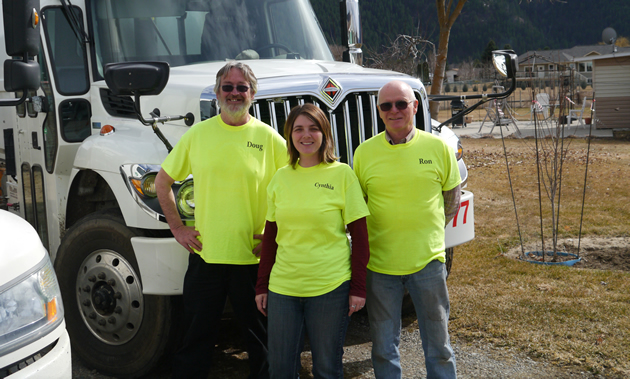
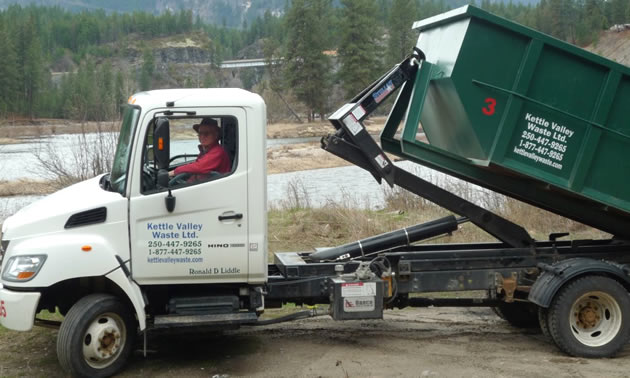
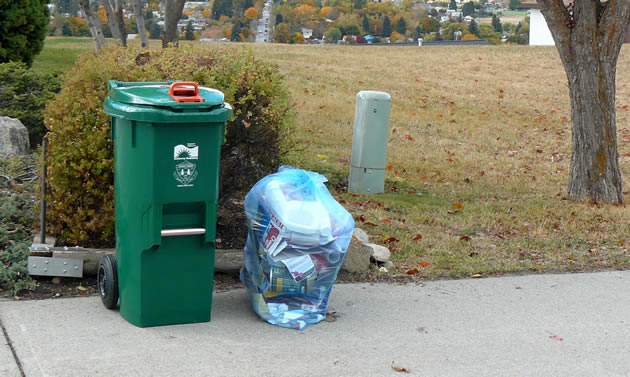
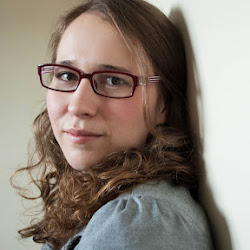
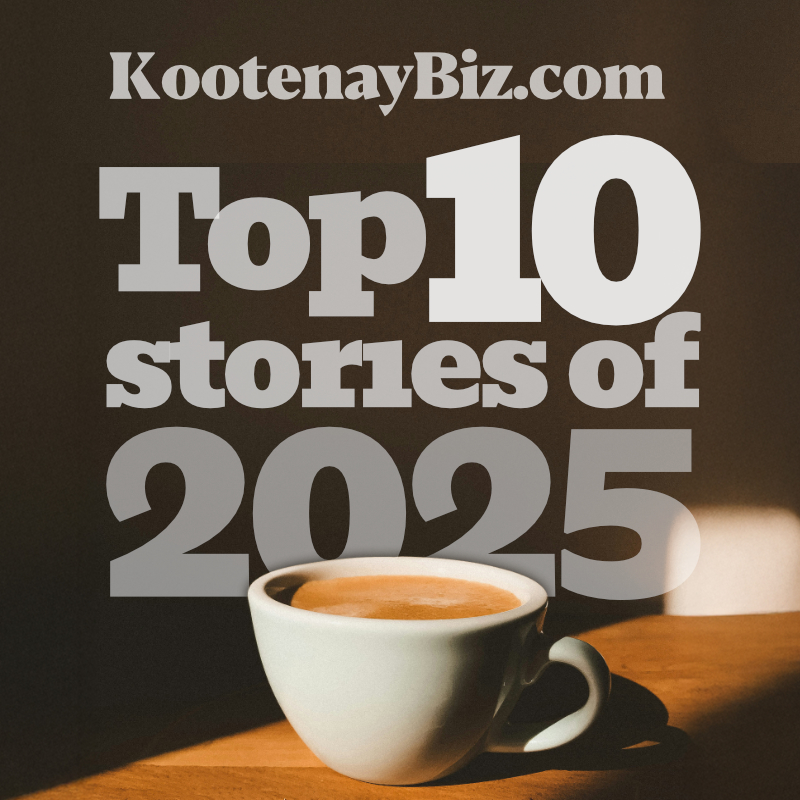
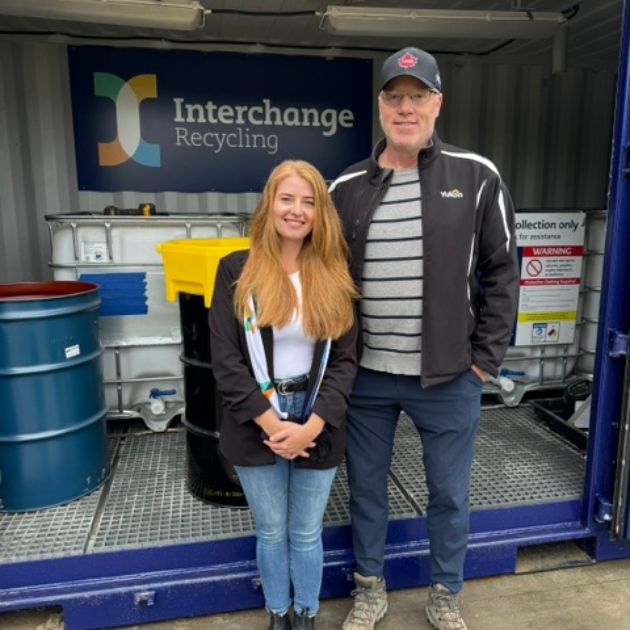
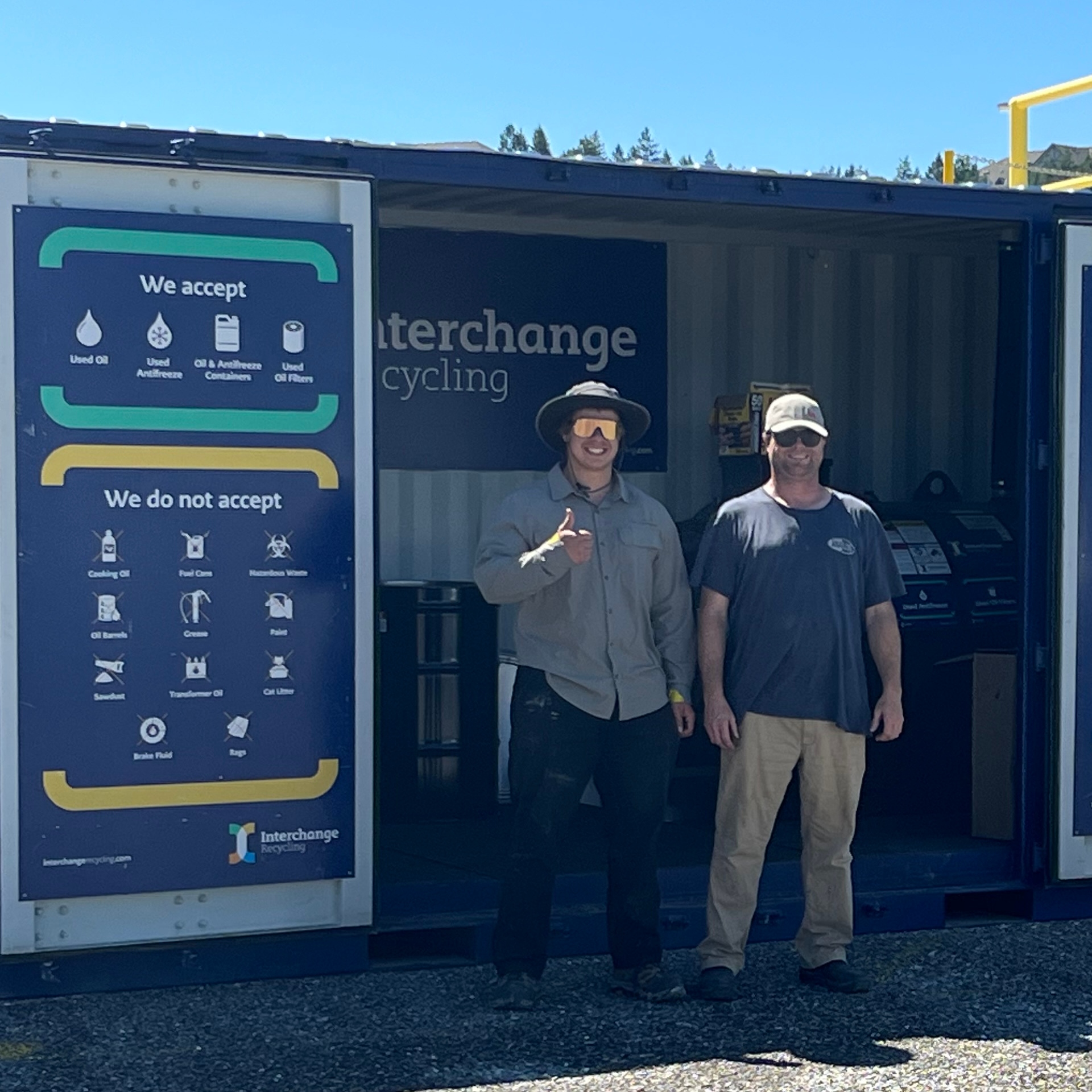

Comments